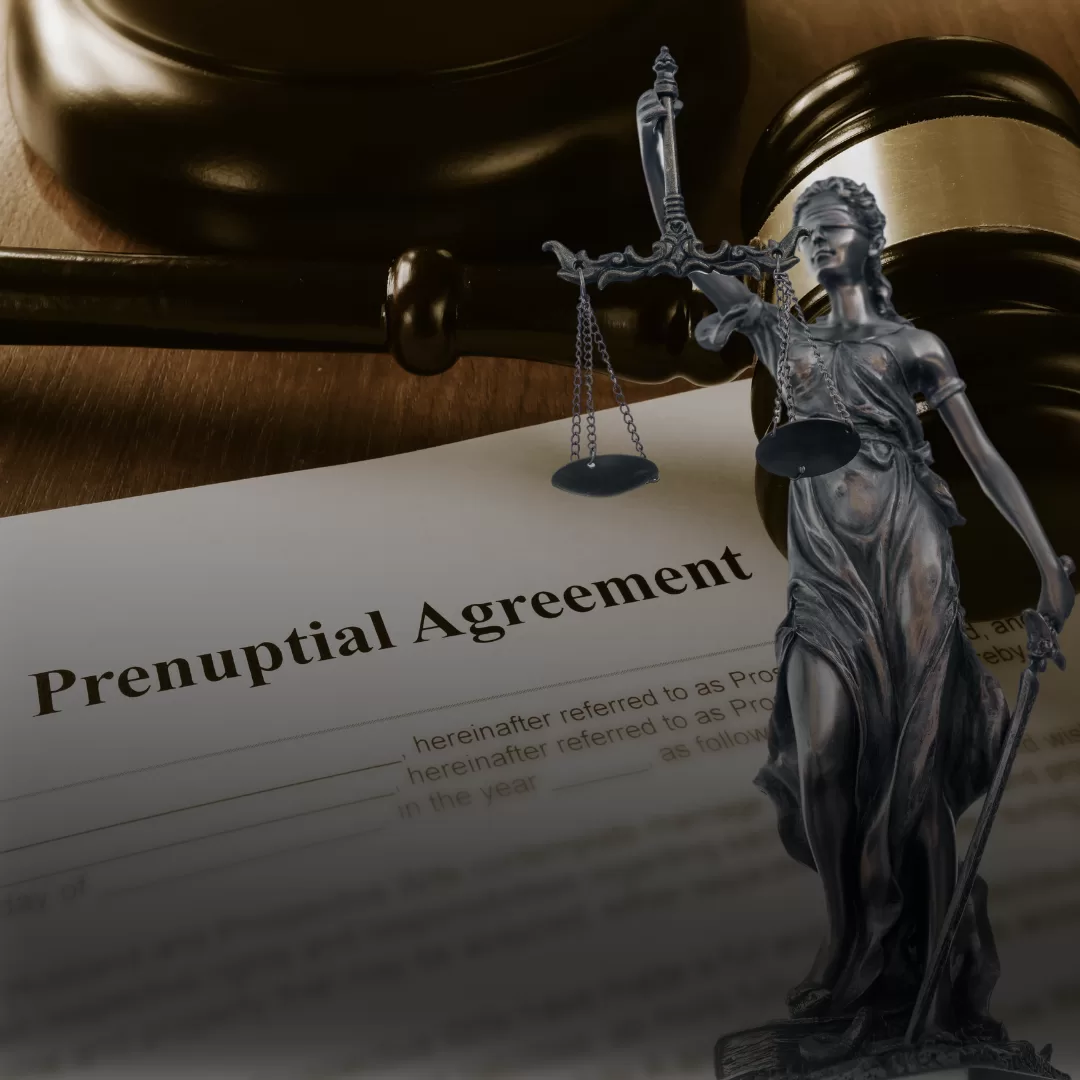Pre-Tax vs. Post-Tax Value of Assets
Not all assets are created equal, especially when taxes come into play. To ensure a fair settlement, it’s important to know the difference between pre-tax and post-tax assets.
- Pre-Tax Assets:
- Think of retirement accounts like 401(k)s or traditional IRAs. These are pre-tax assets, meaning taxes will apply when you withdraw funds. Dividing these without a Qualified Domestic Relations Order (QDRO) can result in hefty penalties.
- Post-Tax Assets:
- Savings accounts and some investments fall into this category. Taxes have already been paid on these, so they usually retain their full value in a division.
Actionable Advice:
Work with a financial advisor to understand the true value of each asset after taxes. This ensures a division that’s truly equitable. For more tips on managing assets, visit Marital and Non-Marital Property in Maryland.
Capital Gains Tax and Real Estate in Maryland
If your divorce involves real estate, like selling your marital home, you need to consider capital gains taxes. Here’s what you should know:
- Key Points:
- Maryland real estate is subject to both state and federal capital gains taxes.
- The primary residence exemption lets you exclude up to $250,000 of gains (or $500,000 for married couples) from taxes. However, after divorce, this exemption may no longer apply.
Actionable Advice:
Timing is everything. Plan any property sales carefully to maximize tax exemptions. A tax professional can help you understand your options and avoid surprises. For guidance on handling your family home, check out our Guide to Divorce and Home Decisions in Maryland.
Strategies to Reduce Tax Burdens
There are ways to minimize taxes during property division. Here are a few practical tips to address the tax consequences of divorce:
- Use QDROs for Retirement Accounts:
- A QDRO lets you transfer retirement funds without triggering taxes or penalties.
- Balance Asset Types:
- Dividing a mix of pre-tax and post-tax assets helps ensure financial stability for both parties.
- Delay Certain Sales:
- Timing matters. Waiting to sell stocks or real estate could help you reduce capital gains taxes.
Pro Tip:
Adding a tax advisor to your divorce team can uncover opportunities to save money while keeping things fair. Learn more about avoiding financial pitfalls in our 7 Financial Divorce Mistakes to Avoid in Maryland.
Why You Need a Maryland Tax Professional
Maryland has unique tax laws that can affect how assets are divided. A local tax professional will help ensure you’re following state-specific rules and avoiding hidden costs.
Why This Matters:
- Maryland has its own rules for real estate taxes and asset transfers.
- A tax expert can spot potential tax traps and keep your settlement agreement as efficient as possible.
Actionable Advice:
Before signing your divorce settlement, sit down with a Maryland tax professional and your attorney to review the tax implications. For tips on documenting financial records, visit Organize MD Divorce Documents and Financial Documentation.
How Maryland’s Laws Impact Property Division
Maryland follows an equitable distribution system, which considers the tax impact when dividing assets. Proper documentation and planning are essential to ensure fairness and compliance with state laws.
Pro Tip:
During negotiations, bring up Maryland-specific tax rules with your attorney. This will help avoid surprises and keep things equitable. For advice on negotiating settlements effectively, visit our Negotiating Your Divorce Settlement in MD to Secure Future.
Protect Your Financial Future
Understanding the tax consequences of divorce and property division is essential for a fair outcome. At Divorce with a Plan, we’re here to help you navigate this process with confidence and clarity.
If you have questions or need guidance, contact our office today at (240) 269-3592. You don’t have to face this alone. Together, we can create a plan that protects your financial future.
For more tips and resources, check out our Divorce Settlements and Executive Pay in Maryland blog for insights into dividing complex assets.






